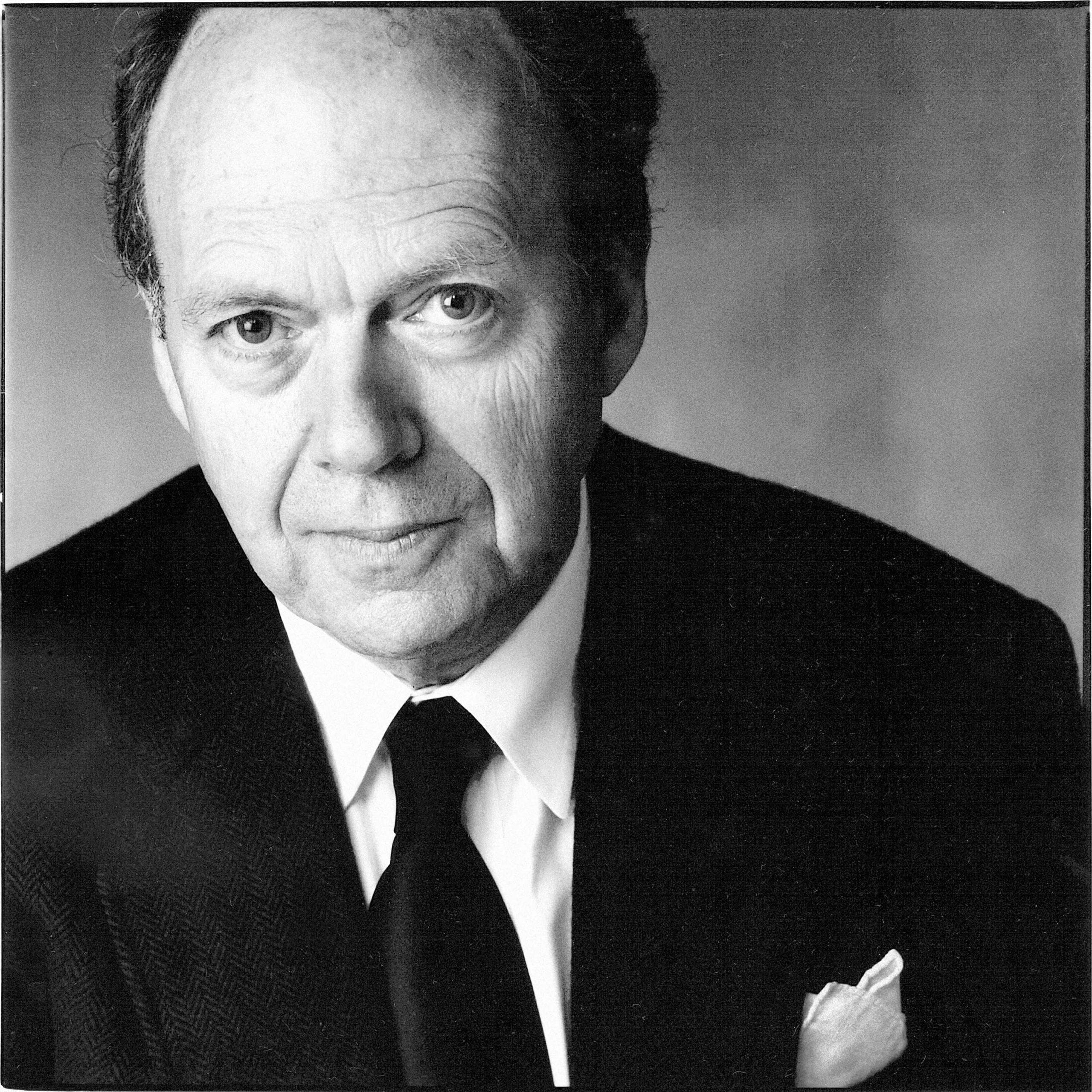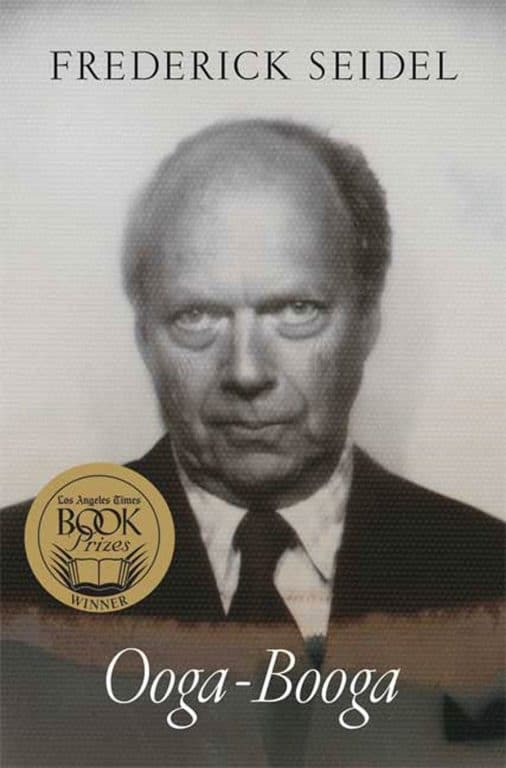
Frederick Seidel’s poetry collections include Final Solutions: Poems, 1959 – 1979; Sunrise (1980), which who the National Book Critics Circle Award in Poetry and the Lamont Prize; My Tokyo (1993); Going Fast (1998), which was a finalist for the Pulitzer Prize; The Cosmos Poems, illustrated by Anselm Kiefer (2000); Life on Earth (2001); Area Code 212 (2002); Ooga-Booga (2006), Poems 1959–2009 (2009), Nice Weather (2012), Widening Income Equality (2016), So What (2024), among others. He is the recipient of numerous prizes including the 2002 PEN/Voelker Award for Poetry. Frederick Seidel is a founding editor of The Paris Review, a protégé of Ezra Pound and Robert Lowell, and one of the original Elaine’s crowd. He was born in St. Louis and graduated from Harvard and now lives in New York City.

Judges’ Citation
Frederick Seidel’s work reminds us that it is not poetry’s job to reassure, to confirm expectations and habits of thought.
Frederick Seidel’s work reminds us that it is not poetry’s job to reassure, to confirm expectations and habits of thought. Its beauty is often difficult and its pleasures complicated and unnerving. Violent, scary, uncomfortably funny and ferociously sad, angry, mourning, or in love, the poems’ brutal honesty of intellect and instinct is written with wicked, magnificent control. And always, they are utterly human. Morality is never excused from the mess of politics and culture. ‘Civilized is about having stuff,’ writes Seidel. ‘Too much is almost enough.’ Addressing privilege and complicity in the first person, the poems know that for all that is acquired, somebody, or something, pays. ‘The American trophies covered in tears that deck the American halls’ dog the boutique hotels, shadowing corners of those poems in which ‘We lived like hummingbirds on nectar and oxygen.’ Ooga-Booga places in uneasy proximity images and statements that, in the discomfort of the other’s glare, reveal their underpinnings and implications. Its poems refuse complacency and the inertia of despair, whether from trajectories of loss, war, movies, hunting, cocktails at the Carlyle or superbike racing. It bids us take a look at our own affairs. Seidel has written a startling, haunting book. Its risks are both its challenge and reward.
Selected poems
by Frederick Seidel
I once loved.
I thought I would be loved.
But I wasn’t loved.
I wasn’t loved for the only reason that matters—
It was not to be.
I unbuttoned my white gloves and stripped each off.
I set aside my gold-knobbed cane.
I picked up this pen…
And thought how many other men
Had smelled the rose in the bud vase
And lifted a fountain pen,
And lifted a mountain…
And put the shotgun in their mouth,
And noticed that their hunting dog was pointing.
Copyright © 2006 by Frederick Seidel, Ooga-Booga, Farrar, Straus and Giroux
Homage to Pessoa
The owl you heard hooting
In the middle of the night wasn’t me.
It was an owl.
Or maybe you were
So asleep you didn’t even hear it.
The sprinklers on their timer, programmed to come on
At such a strangely late hour in life
For watering a garden,
Refreshed your sleep four thousand miles away by
Hissing sweetly,
Deepening the smell of green in Eden.
You heard the summer chirr of insects.
You heard a sky of stars.
You didn’t know it, fast asleep at dawn in Paris.
You didn’t hear a thing.
You heard me calling.
I am no longer human.
Copyright © 2006 by Frederick Seidel, Ooga-Booga, Farrar, Straus and Giroux
The Owl You Heard
- Poetry Foundation Profile
- Frederick Seidel, The Art of Poetry No. 95 The Paris Review
- Lunch with Frederick Seidel at Cafe Lux Wild Court